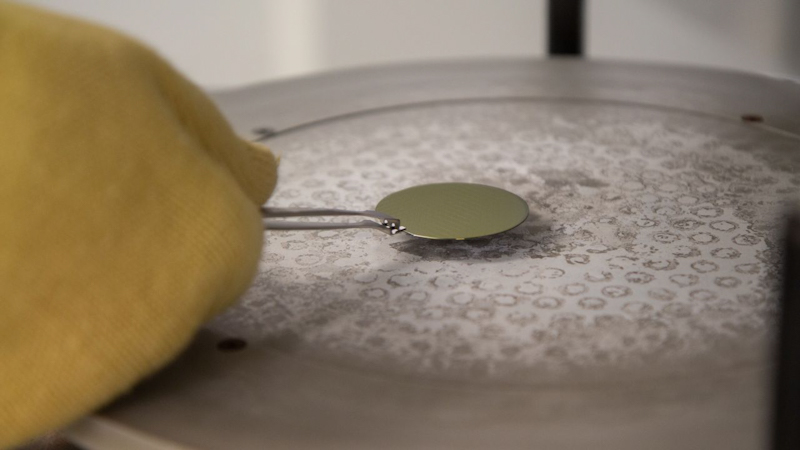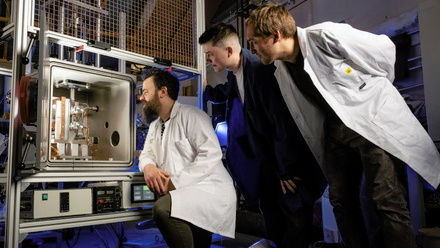University of Sheffield start-up secures £4mln to bring sensor to mass market
A University of Sheffield, UK, spin-out company has secured the backing of deep tech investors to bring its infrared sensors to the mass market, with implications for robotics and self-driving machines.

Phlux Technology has secured £4mln in seed funding led by Octopus Ventures.
Spun-out of Sheffield’s Department of Electronic and Electrical Engineering, Phlux has developed infrared sensors using the semi-metal element, antimony, which improves their performance in LiDAR systems compared to silicon-based sensors, the technology behind the control and navigation of autonomous machines, such as cars and robots.
The sensors developed by the Sheffield start-up are the world’s first antimony-based LiDAR sensor chips with architecture that is 10 times more sensitive and has 50% more range compared to silicon-based sensors.
Its design also reduces the cost of manufacture of LiDAR sensors, opening them up to mass market adoption.
Infrared sensors, such as those that Phlux is building, have applications beyond LiDAR in satellite communications and enabling Internet in remote regions, fibre telecoms, autonomous vehicles, gas sensing and quantum communications.
Ben White, CEO and co-founder of Phlux Technologies, says, ‘We are delighted to be spinning Phlux out of the University of Sheffield at a time when it has ambitious plans to become a global centre of excellence for semiconductor research.’







